Student activist reveals military threats of enforced disappearance
taweporn
Wed, 20/08/2014
Contrary to what the junta has tried to claim, that all detainees have been very well treated while in custody, other than being deprived of their freedom, a second account of degrading treatment of an anti-coup protester has emerged. A student activist said he was threatened with enforced disappearance and being killed because he had protested against the coup just twice. The story also shows how the media saved him from detention.
Prachatai earlier reported the first account of degrading treatment of anti-coup protesters by the military. This involved threats of killing and deprivation of water. The story can be read hereWLlA2GJ.jpg
One of the cloth banner read "The people own the power. No Coup."
14954026356_a25fce48f8_b.jpg
(L) Worawut Thuagchaiphum and friends while hanging the anti-coup cloth banner in Mahasarakham province. (R) Soldiers come and destroyed the banner.
ftnL7nF.jpg
Worawut Thuagchaiphum on the military's armoured car on 25 May. (Photo from his Facebook account)
taweporn
Wed, 20/08/2014
Contrary to what the junta has tried to claim, that all detainees have been very well treated while in custody, other than being deprived of their freedom, a second account of degrading treatment of an anti-coup protester has emerged. A student activist said he was threatened with enforced disappearance and being killed because he had protested against the coup just twice. The story also shows how the media saved him from detention.
Prachatai earlier reported the first account of degrading treatment of anti-coup protesters by the military. This involved threats of killing and deprivation of water. The story can be read hereWLlA2GJ.jpg
One of the cloth banner read "The people own the power. No Coup."
(L) Worawut Thuagchaiphum and friends while hanging the anti-coup cloth banner in Mahasarakham province. (R) Soldiers come and destroyed the banner.
ftnL7nF.jpg
Worawut Thuagchaiphum on the military's armoured car on 25 May. (Photo from his Facebook account)
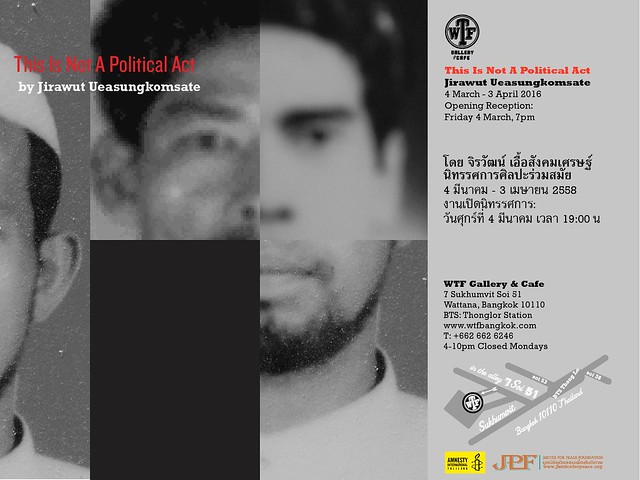
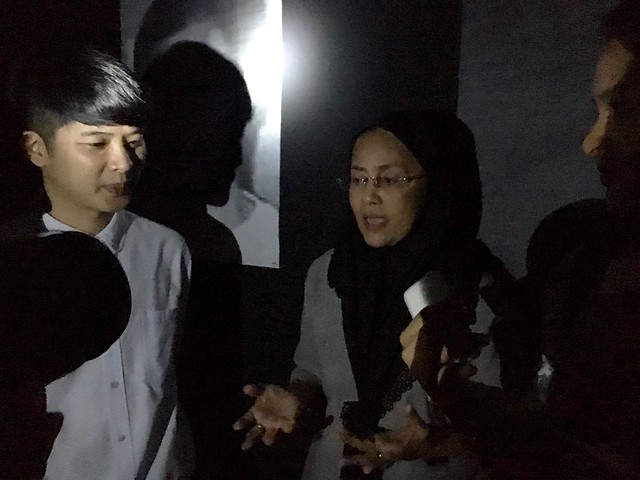
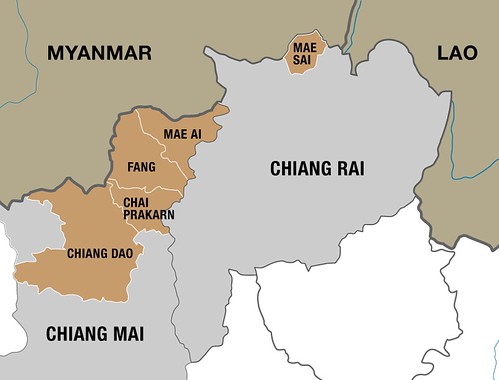
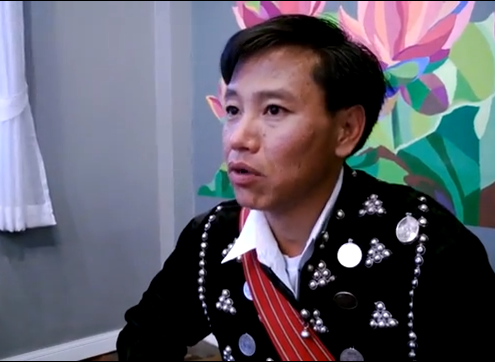
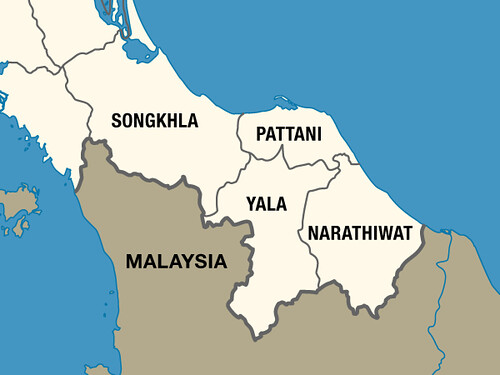
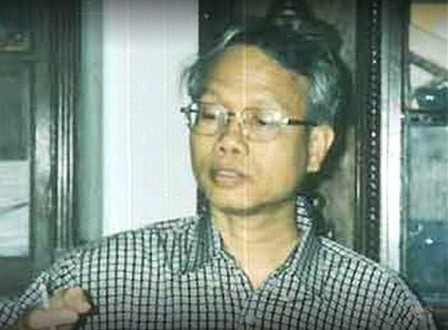




Comment